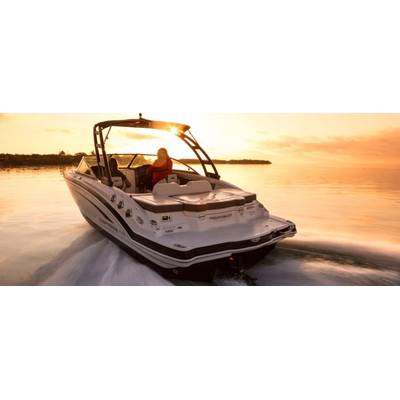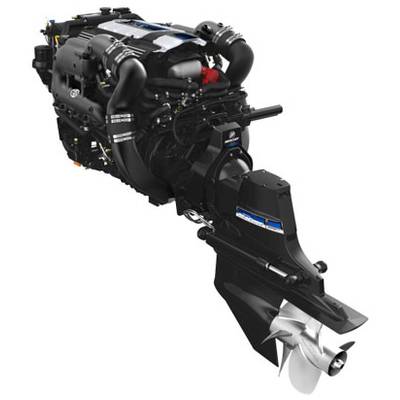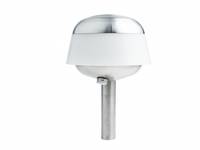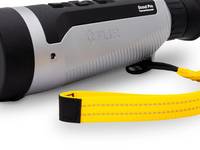Mercury Marine Brings Nauticus Machinery to New Market
Marking the first time the DNV GL's Nauticus Machinery software designed for the shipping industry is being used for recreational size marine engines, Mercury Marine has chosen the software for analysis and validation of inboard and sterndrive engines, including transmission and driveline configurations.
Nauticus Machinery’s Torsional Vibration tool is an application for the analysis of torsional vibration. Torsional vibration can cause fatigue in engine components, leading eventually to possible breakage of shafts or other machinery parts. With the aid of the software, engineers can prevent this damage by optimizing the design. They can also perform analyses on configurations that have been affected by fatigue, which enables understanding of the underlying causes.
DNV GL’s Nauticus Machinery software is primarily used in the shipping industry, for larger ships such as tankers, bulk carriers and container ships. Mercury Marine produces outboard, inboard and sterndrive engines for recreational and commercial use. Gasoline or diesel inboards and sterndrives power everything from small boats with 115 HP engines to large recreational yachts with 430 HP engines. For Nauticus Machinery, this represents a new market.
“We purchased Nauticus Machinery specifically for gasoline and diesel inboard and sterndrive configurations,” said Jeremy Halfmann, structural analysis engineer at Mercury Marine.
Mercury Marine pairs and sells thousands of these engine-drive packages as standard pairings. In addition, boat builders also purchase engines and pair them with transmissions and drivelines other than those in the standard packages, resulting in configurations that are produced less frequently.
“Both of these instances require analysis and validation of each configuration. We wanted the ability to perform the analysis in-house,” Halfmann said. Now the company can compare their own analysis results from Nauticus Machinery’s Torsional Vibration with results provided by the supplier of the coupler.
“We want to perform analyses to see whether the combination of components will pass durability requirements and the ability to test each configuration as it comes up. Nauticus Machinery Torsional Vibration adds value to us,” Halfmann said. “There is a lot of knowledge and capability all in one package.”








